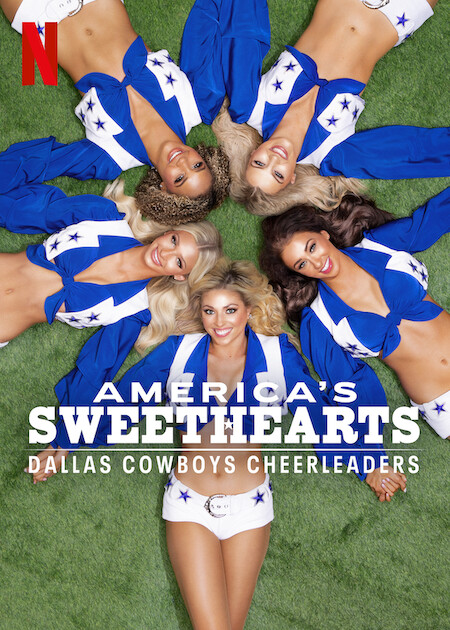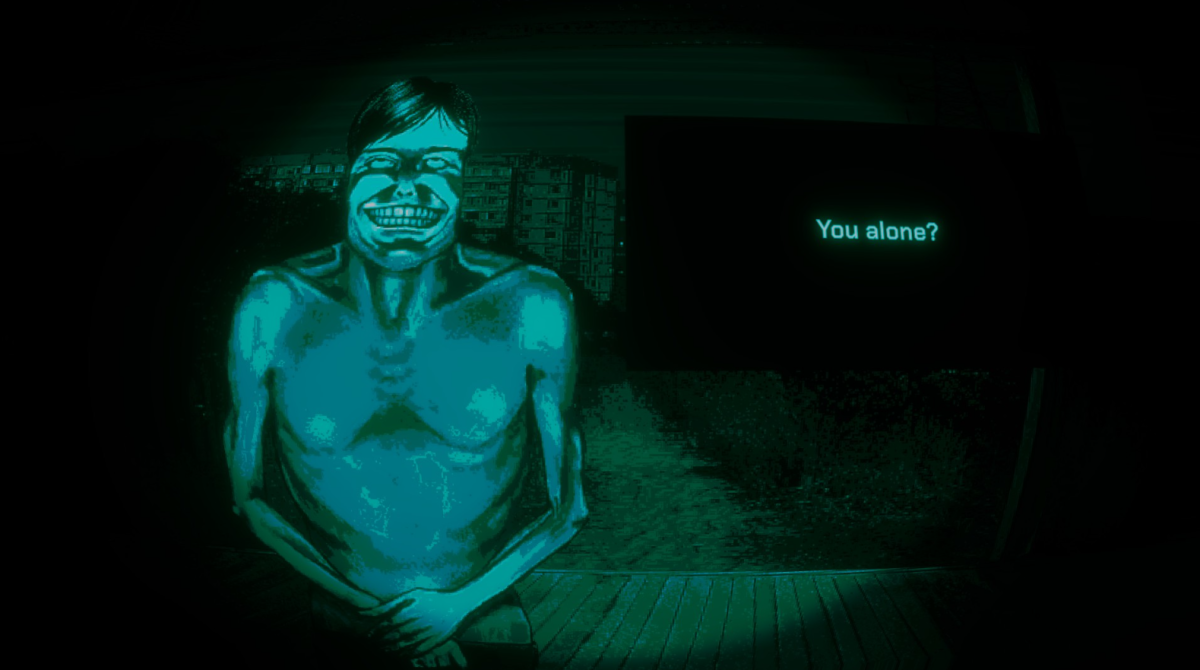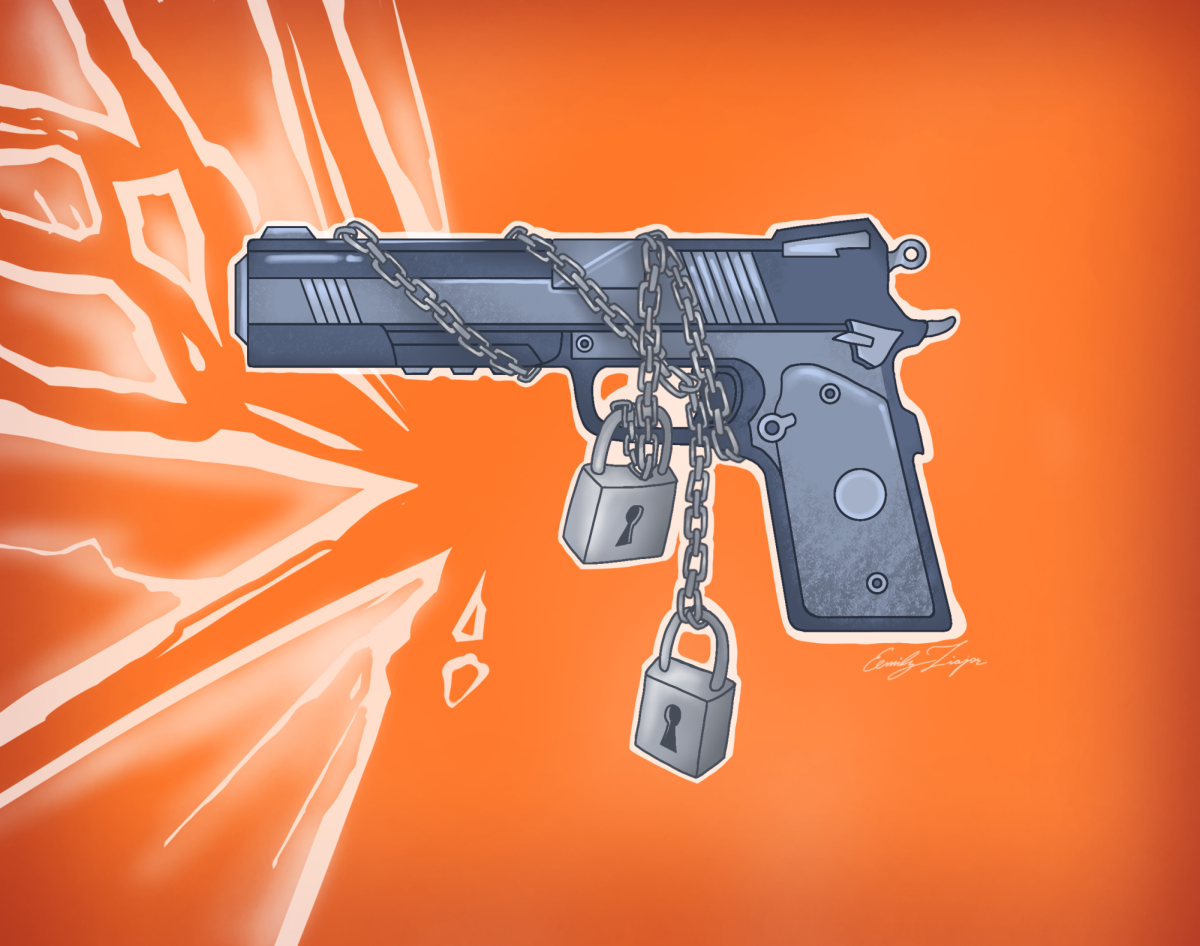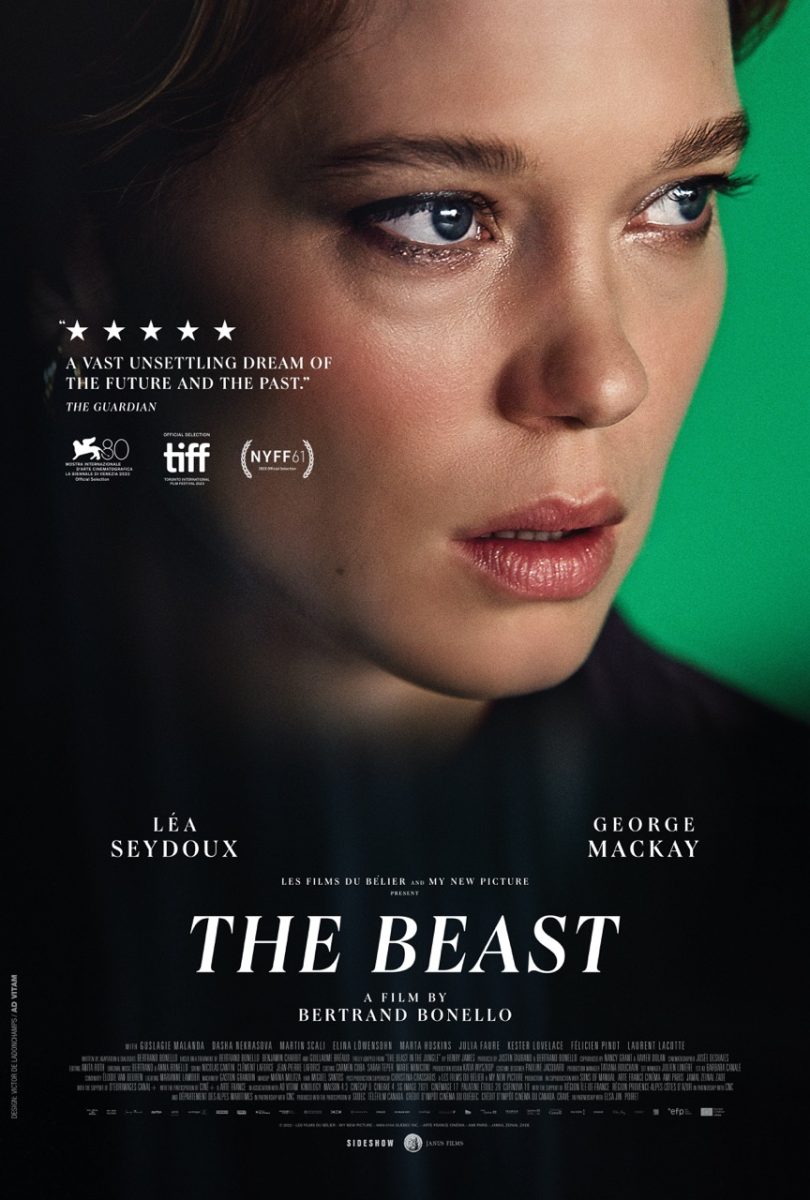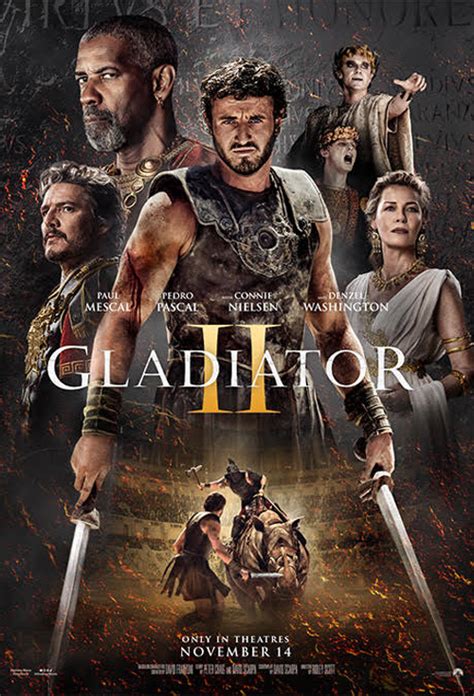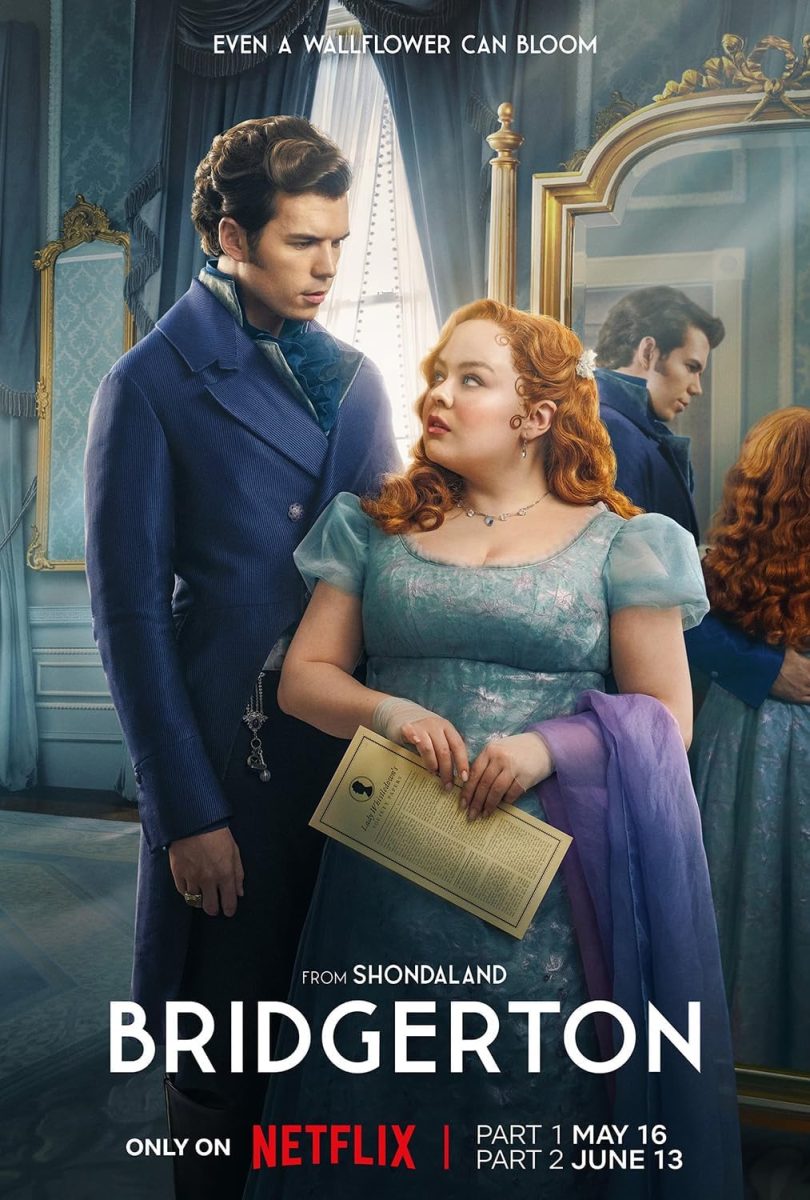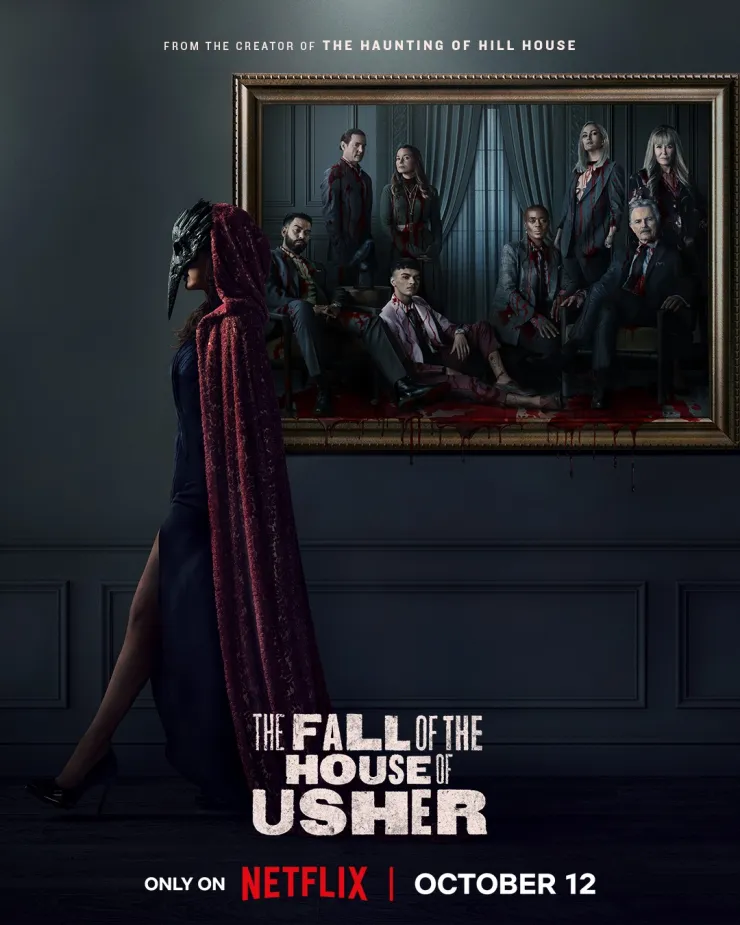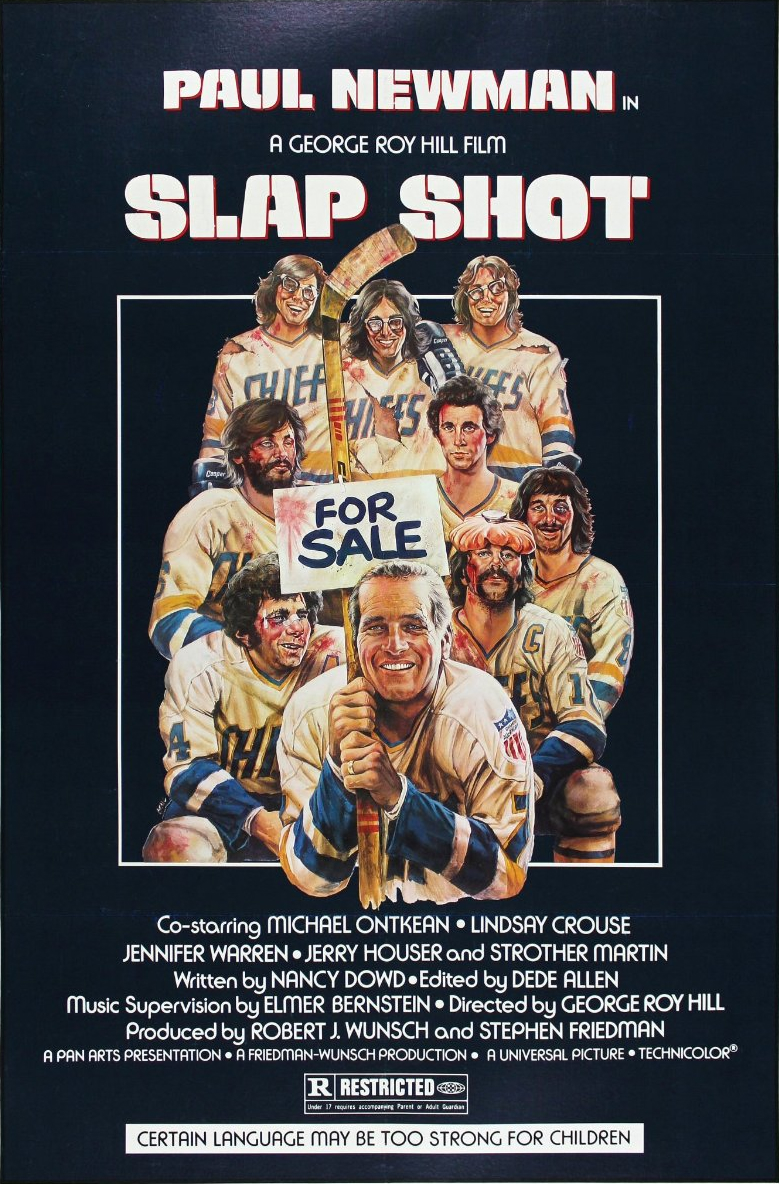As someone who loves reality TV and appreciates any media that passes the Bechdel Test, I was intrigued by Netflix’s “America’s Sweethearts,” a six-episode documentary series about the 2023 Dallas Cowboys Cheerleaders (DCC) team. Directed by Greg Whitely, who also helmed “Cheer,” this series promised an insider’s look into a world I knew little about, highlighting the sheer talent, dedication and devotion poured into maintaining the iconic DCC legacy. What I discovered left me questioning the true cost of being America’s sweetheart.
“America’s Sweethearts” is a window into a world that’s as troubling as it is fascinating. It’s a reminder that behind every perfect smile and high kick, there’s a story of sacrifice, determination and, sometimes, silent suffering.
The DCC has been a cultural phenomenon since the 1970s, serving as ambassadors, entertainers and icons. The series kicks off at the beginning of their dance season, with three rounds of grueling auditions, where hundreds of hopefuls vie for coveted spots. It’s not just about dance skills; personality, appearance and that ineffable quality called “the look” all come into play. Overseeing it all are Kelly Finglass and Judy Trammell, the director and choreographer of the DCC, whose leadership styles often border on emotionally abusive and manipulative.
From the start, I felt a mix of excitement and discomfort. The auditions are intense, with hopefuls being judged on every conceivable aspect of their being. It was fascinating, but also deeply unsettling, to watch these women put under such relentless scrutiny. The contrast between the glittering dream they chase and the harsh reality of their journey left me feeling just as empty as the hollow giant curlers they use to make that famous big Texas hair.
From there, we follow the chosen few into a boot camp-style training that makes military basic look like a spa day. This includes a few notable figures, like Reese, the bright-eyed, Jesus-loving and engaged rookie living her childhood dream; Caroline, whose journey was cut short in 2022 by a devastating hip injury; Kelcey, the steady and compassionate group leader (who was once stalked and sexually harassed by a fan); and Victoria Kalina, another veteran and legacy (daughter of a former DCC) who was passed over for a leadership role… why? Kelly and July will never say, but Victoria had to take a year off due to a very serious eating disorder (more on that later.)
Throughout the series, we follow these women as they juggle grueling practices, personal appearances and the constant pressure to be “perfect.” Finglass, the team’s director, is shown nitpicking every aspect of the cheerleaders’ looks, from perceived weight gain to how they appear in photos. It’s a haunting reflection of the pressures many women face daily, magnified to an extreme degree. Finglass and Tramell’s pursuit of perfection is all-consuming at the expense of the young women who work for them.
While the series presents some compelling personal narratives and touches on serious issues, it feels frustratingly sanitized. While Whitely pays the sport and team the respect they deserve by depicting how difficult being a DCC is contrasted with how they make the job look “easy” and fun for fans, he fails to probe deep enough to deliver a truly satisfying documentary. Despite the plethora of controversial subjects that are touched upon in the series, any true, pointed criticism of the organization is limited. Moreso, the hard questions, like the necessity of the strict standards the girls are held to and the responsibility of the organization for the physical and mental issues they develop in response, are barely scratched. I don’t know how extensive Whitely’s creative control was in this project, but one can almost sense the iron-clad contracts and PR teams hovering just off-screen, white-washing this series into more of a branding exercise than an expose.
Subsequently, my favorite scenes were those that felt the most honest and authentic. Of all the cheerleaders interviewed, it was Victoria Kalina’s story that truly hit home. Victoria is the only cheerleader featured who (very bravely) shows us she’s not perfect, as she opens up about her past struggles with anxiety/depression and eating disorders.
In speaking about her bulimia, Kalina describes her urge to binge to get that “feel-good, that empty feeling filled again,” (describing the dopamine rush that comes with binging) in order to cope with her depression, that seems largely caused by the immense pressure she felt and constant criticism she faced during her tenure as a DCC. Afterwards, Kalina would then feel compelled to engage in restrictive/purging behaviors, as a way to keep herself from gaining weight in order to “get into those baby clothes, get into that baby uniform” as she names them. As anyone familiar with eating disorders knows, bulimia is a deadly and self-destructive disease that is notoriously difficult to recover from. This culture (a tight contract that won’t allow you to gain 5 pounds as it is expected that all cheerleaders maintain their audition size to fit into their custom-made uniforms) nearly killed her.
Yet, Kalina seems to blame herself instead of the system that’s pushing her to these extremes. “I developed some unhealthy habits,” she says, her voice barely above a whisper. “I was so focused on being the best that I lost sight of what was really important.” It felt like watching someone in an abusive relationship defend the abuser, and it broke my heart. I wanted to reach through the screen, hand her a burger, and tell her she’s worth more than her waistline.
In respect to the other impossible physical standards they are held to, one cheerleader sums it up perfectly: “Our job literally is to make other people happy, no matter what we feel like.” They’re expected to “smile through the pain and look perfect” even as their bodies and minds scream for a break. Injuries? Par for the course. Just ask Caroline, who underwent hip and foot surgeries that can be directly linked to the strain on her joints created by the “Thunderstruck” routine with its iconic jumping splits.
While there may be measures in place to support the cheerleaders’ mental and physical health during their tenure with DCC, these are not explicitly shown. Outside of a few brief conversations Finglass has with certain cheerleaders about the dangers of “under-fueling” and half-hearted encouragements to fuel themselves properly in order to dance their best (and not look “sick” on the field as she disdainfully criticizes one girl). As such, I am not convinced they have any professional support in place or that the DCC management team has created an environment in which these girls feel comfortable enough to advocate for themselves to receive them.
The series tries to paint a picture of sisterhood and empowerment, but I couldn’t shake the feeling I was watching a beautifully choreographed dance around the elephant in the room. The organization has some deep-rooted, serious and problematic issues that should not be glossed over or excused in favor of maintaining the DCC legacy and iconic image. These women are idolized and objectified, empowered and exploited, all at once. They form deep bonds of sisterhood, yet compete fiercely every year for limited spots, as both rookies and veterans alike try out anew every year. They’re told they’re the best of the best, yet treated as disposable, particularly as their physical and mental health is sacrificed for the iconic routines and standards. They can always be replaced next year, so there’s no need to invest in their well-being or incentive to improve these conditions.
“We’re not here to be your friend,” Kelly declares at one point, her smile never wavering. “We’re here to make you the best.”
But at what point do we say enough is enough? When does “the best” become “the broken”?
Overall, “America’s Sweethearts” left me with more questions than answers. It’s engaging, sure, but it barely scratches the surface of the real issues at play. It’s like watching a glittery, high-kicking microcosm of everything wrong with how we treat women in our society.
As I watched these women push themselves to the breaking point, I couldn’t help but wonder: at what cost does one become the embodiment of an American ideal? Lifelong injuries, shaken confidence, eating disorders, low pay, and the looming threat of sexual assault/harassment—why are these the costs of being America’s sweethearts? To these women, being a DCC seems worth the price. The sheer talent, diligence, devotion and resilience every single cheerleader demonstrates is nothing short of inspirational in living out their dream. But why are they asked to pay it?



